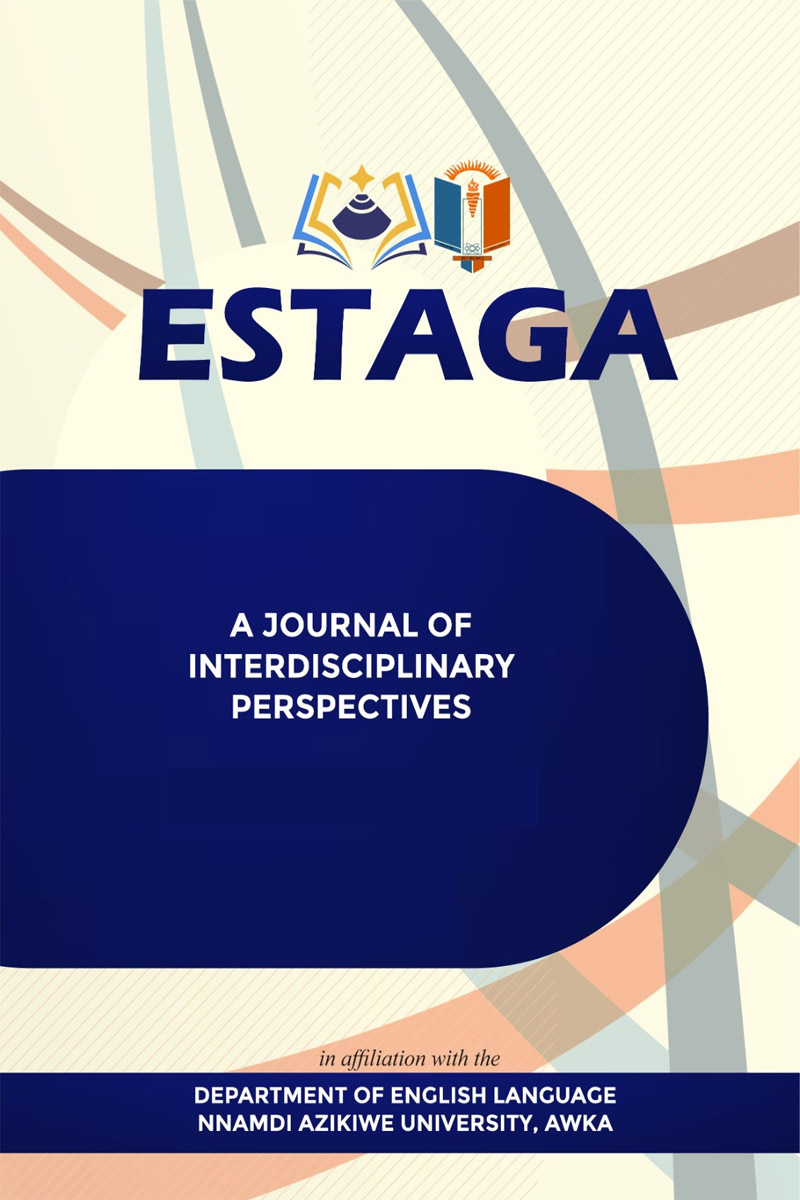What Is Nigerian Feminist Philosophy? Towards a Contextual Definition
Résumé
This article explores the concept of Nigerian feminist philosophy with the aim of proposing a contextual and culturally grounded definition. While feminist philosophy has been predominantly shaped by Western intellectual traditions, Nigerian feminist thought emerges from a different socio-cultural and historical terrain—one shaped by colonialism, patriarchy, indigenous knowledge systems, and religious pluralism. Drawing from the works of Nigerian feminist thinkers such as Molara Ogundipe, Ifi Amadiume, and Obioma Nnaemeka, this paper argues that Nigerian feminist philosophy cannot be divorced from activism, oral traditions, and community-centered ethics. It interrogates how lived experiences, language, spirituality, and intersectionality influence the articulation of feminist ideas in Nigeria. By situating feminist discourse within the Nigerian context, the article challenges dominant epistemologies and emphasizes the need for a more inclusive and decolonized feminist philosophy. Ultimately, it proposes that Nigerian feminist philosophy is not merely an academic category but a dynamic and evolving framework for resistance, identity, and liberation


